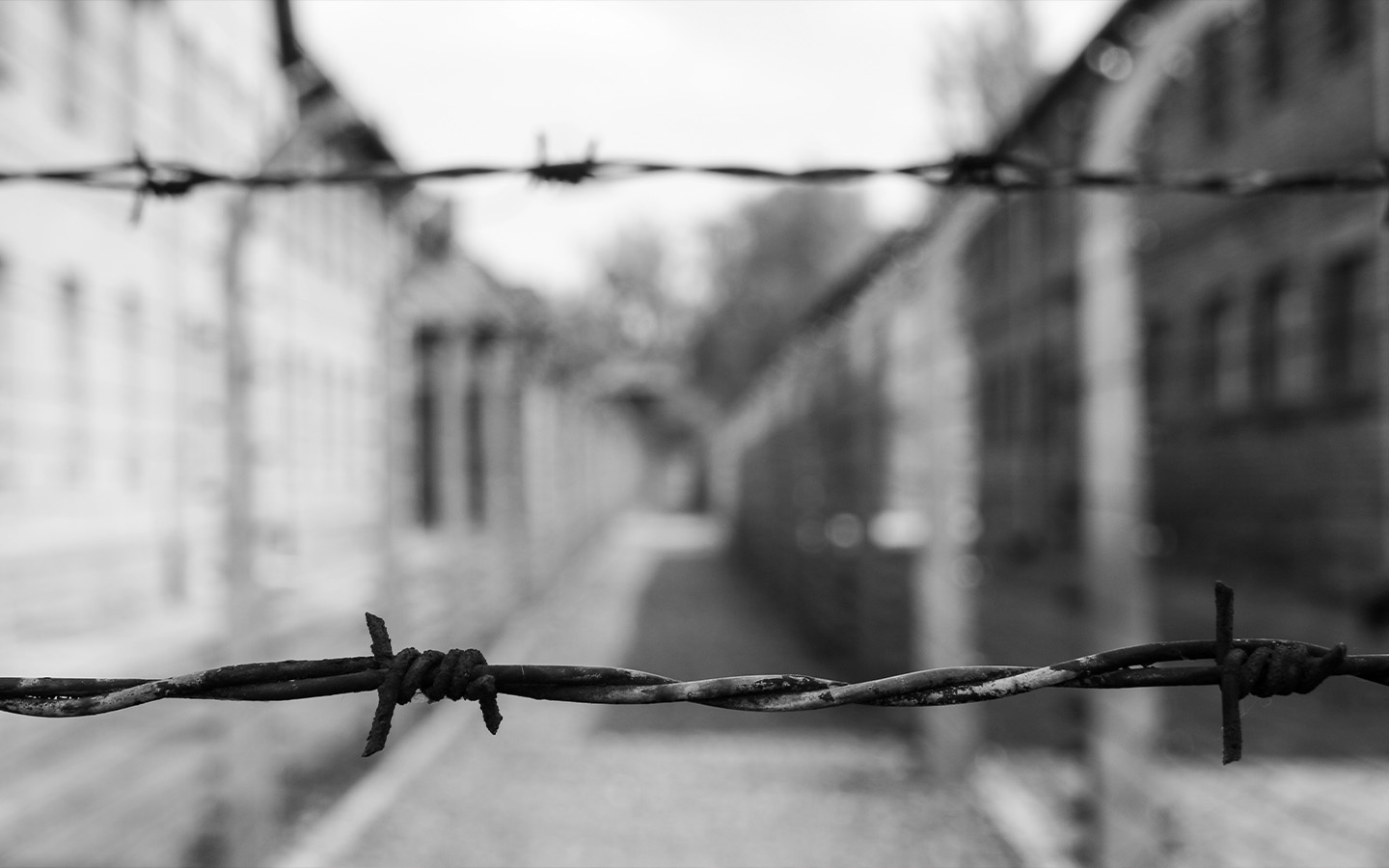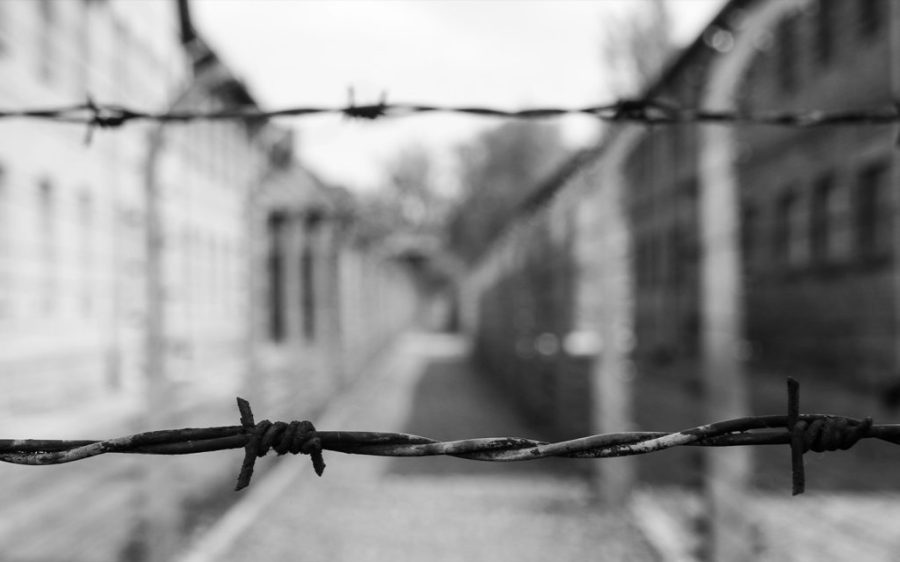One of the last remaining survivors of a Nazi concentration camp visited the University of Saint Joseph and the University of Macau (UM) yesterday, to attend screenings of a documentary made about his life, Ponto Final reports.
Andrei Iwanowitsch, 97, travelled from his home in Minsk, Belarus, for the events. The documentary’s Hong Kong-based German director, Hannes Farlock, was also in attendance.
Released in 2018, Ja, Andrei Iwanowitsch offers insights into the clash between the Soviet Union and Nazi Germany, life and death in the Buchenwald concentration camp, and one person’s will to survive.
[See more: The untold story of the 1971 women’s World Cup is the subject of a new film]
Prior to the screenings, UM professor Glenn Timmermans, who teaches Holocaust history and literature, told Ponto Final he believed some viewers would relate to Iwanowitsch “more than one might imagine.”
He said that in discussions during his classes, students – particularly those from China’s interior – often referred to stories their grandparents told about Japan’s invasion of China and the famine experienced by the country.
Timmermans noted that it was “impressive” Iwanowitsch had travelled to Macao at his advanced age.
The film’s director, Farlock, said that he had gotten to know Iwanowitsch while working in Belarus, where he helped the concentration camp survivor learn German.
“I ended up understanding that it was an obligation, a necessity and a wonderful opportunity to chronicle all of [Iwanowitsch’s recollections],” Farlock explained.
[See more: The Macau International Queer Film Festival returns]
Iwanowitsch was born in 1926, in what was then the recently formed Soviet Union. Both his parents had died by the time Iwanowitsch was 15, leaving him in charge of his younger siblings.
As a communist, he found himself the target of Nai persecution and was sent to the notorious Buchenwald concentration camp in 1944, at the age of 18. The camp was liberated by the United States Army in 1945 after almost 60,000 of its inmates had died.
Iwanowitsch’s survival is testament to his reserves of strength. As Farlock told Ponto Final: “I didn’t want to make another dark and didactic film about contemporary witnesses from that time. I wanted to create something close to life, something that reflected Andrei’s serene spirit and firm desire to live.”






